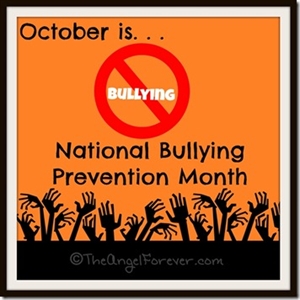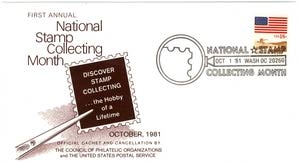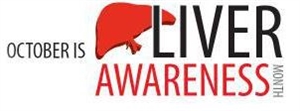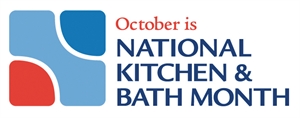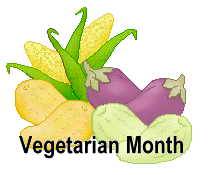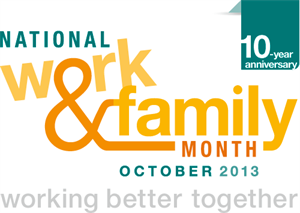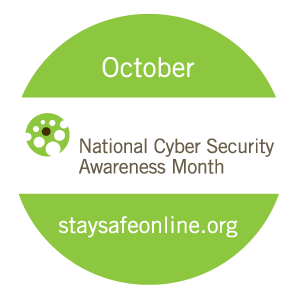Celiac Disease Awareness Month on October, 2024: Celiac Disease Awareness Month?
October, 2024 is Celiac Disease Awareness Month 2024. Celiac Awareness Month 2013 NFCA Celiac Awareness Month
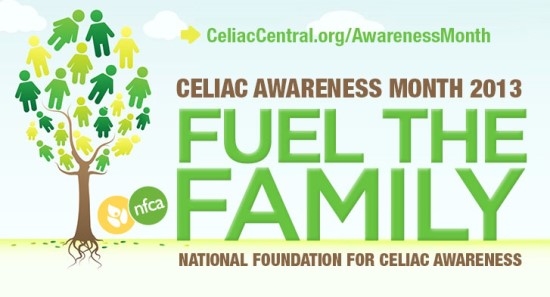
May as Celiac Awareness Month
By Beth Hillson, President, American Celiac Disease Alliance
In response to the question about May as Celiac Awareness month — the overwhelming majority of celiac organizations and all of the Celiac Research Centers in the United States recognize May as National Celiac Disease Awareness Month.
Internationally, the Association of European Coeliac Societies recognizes Celiac Disease in May and celiac events are held throughout the world to raise awareness.
(The association represents 26 countries of the EU - including Andorra, Austria, Belgium, Croatia, Czech Republic, Denmark, Finland, France, Germany, Greece, Hungary, Ireland, Italy, Luxembourg, Malta, Netherlands, Norway, Portugal, Romania, Russia, Slovakia, Slovenia, Spain, Sweden, Switzerland, and UK)
The May observance in the United States was chosen to coincide with our international colleagues. It was also done in recognition of the many other medical conditions related to celiac disease that are observed in May. Celiac disease is still relatively unknown and being able to draw connections between these medical conditions and celiac disease helps to elevate its importance and enhance awareness. Some of the other May health observances include:
* Digestive Diseases Awareness Month
* Digestive Diseases Week
* Food Allergy Awareness Month
* Food Allergy Week
* National Arthritis Month
* National Osteoporosis Awareness and Prevention Month
* Women’s Health Week and Women’s Health Check-up day
Organizations, Research Centers, and Companies supporting the May observance:
* Celiac Disease Foundation
* Gluten Intolerance Group
* Westchester Celiac Sprue Support Group
* American Celiac Disease Alliance
* National Foundation for Celiac Awareness
* University of Maryland Center for Celiac Research
* University of Chicago Celiac Disease Program
* Celiac Disease Center at Columbia University
* Wm. K. Warren Celiac Disease Research Center UC San Diego
* Bob & Ruth’s Gluten-Free Dining & Travel Club
* Ener-G Foods, Inc.
* Enjoy Life Brands™
* Foods by George
* Gluten-Free Living
* GlutenFree Passport™
* Glutino-USA
* Kimball Genetics
* Living Without
* Pamela’s Products
* Prometheus Laboratories, Inc.
* Savory Palate, Inc.
It’s worth noting that October is Breast Cancer Awareness Month. It is extremely difficult for any condition, to compete for attention at that time. And since recognition and attention are key to raising awareness, May is a better fit.
Congresswoman Nita Lowey (NY) introduced legislation in 2004, 2006, and again, this year (H.Con.Res. 70) which emphasizes the designation of May as National Celiac Disease Awareness Month. That legislation now has 29 cosponsors and more are expected once Congress returns later this month. I hope this helps clarify why May is supported and endorsed as National Celiac Disease Awareness Month.
Beth Hillson
President
American Celiac Disease Alliance
Email: info@americanceliac.org
Website: www.americanceliac.org
.....

When is Celiac Awareness month?
In some years past, October has been recognized as Celiac Awareness Month, but most now recognize the month of May as the official date.
It is a gluten-free journey.

Do I have Celiac Disease?
At this point I would assume you either have celiac disease or gluten sensitivity/intolerance, and it probably doesn't matter which one.
You can have genetic testing for celiac disease, but even if it's negative you can still have gluten intolerance or sensitivity.
It sounds as if you have been through quite enough already, and I wouldn't recommend ingesting gluten just to have a blood test or endoscopy. Sometimes those tests can be negative, and you can STILL have gluten sensitivity.
I was diagnosed with celiac disease 7 months ago on the basis of a test for gluten antibodies. The test was weakly positive, which was enough for me. I've been gluten free for those 7 months, but I'm an older person (51) and it can take years for us old folks' small intestines to heal; I still have abdominal pain and occasional loose stools.
Awareness about gluten intolerance and celiac disease is on the rise, and more stores are adding gluten-free foods, often in their own special sections.
You've given a good medical history, and my recommendation, as a celiac, would be that you don't need to return to the physician unless you have a return of your signs/symptoms. You can simply tell people, "I have gluten issues and have to avoid gluten. It makes me sick."
The grains we ate 100 years ago, or even 50, 20, or 10 years ago, are not the grains our ancestors ate. Grains, especially wheat, have been bred to be high-yield, disease-resistant, and pest-resistant, often at the sacrifice of digestability. I grew up on a wheat farm in the 1970s, and what I see on local wheat farms is NOT what I saw back then.

